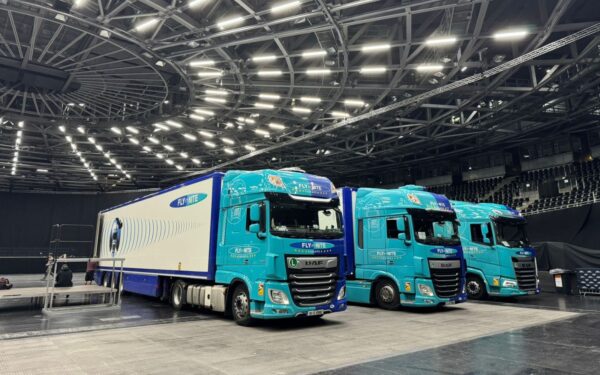What do you do when one of your vehicles fails a roadside inspection – because the camera tech you bought and installed isn’t actually working as it is supposed to? For Martin Mua, Fleet Director at N-Virocycle, the answer was simple: call CameraMatics.
About the company
Based in Gloucester, N-Virocycle are specialists in the sustainable recycling of food and beverage industry waste into agricultural fertiliser — actively supporting the circular economy.
For over 28 years, they’ve helped customers dispose of waste efficiently while meeting environmental and sustainability targets at the same time — all while playing their own part in the circular economy and a greener future.
Of course, collecting waste — and spreading the treated product onto farmland — requires a fleet of specialist vehicles. N-Virocycle operates over 30, including vacuum tankers and bulkers/tippers. It’s a diverse fleet, designed to handle the wide variety of waste the business collects, treats, and distributes.
The challenge
Like any other organisation that manages a fleet of vehicles N-Virocycle is constantly alert to risk — whether that’s the cost of accidents, fraudulent claims, or regulatory compliance.
“The bottom line is that we need to have cameras on our vehicles” says Martin. “We need to protect our drivers from fraudulent claims, of course. But it doesn’t stop there. When spillages occur, we need to understand what happened. We need a record of pick-ups. And lastly, as an organisation that operates within Greater London our vehicles need to comply with Direct Vision Standard legislation”.
N-Virocyle are also faced with the requirement to manage their business in the most efficient way possible. With dozens of vehicles on the move, that means using telematics data to limit the amount of fuel used and ensure that maintenance is managed in an effective and timely manner.









